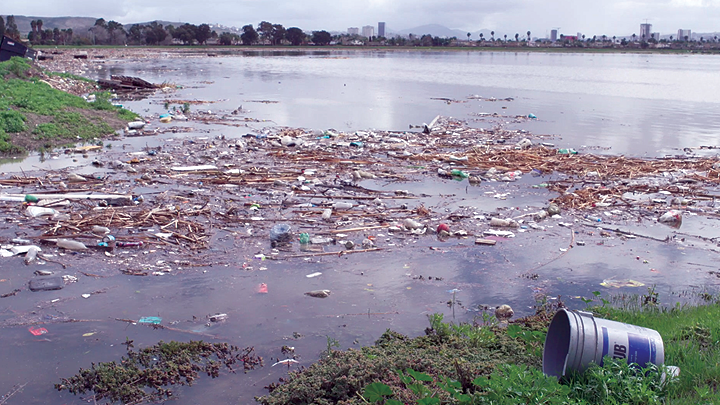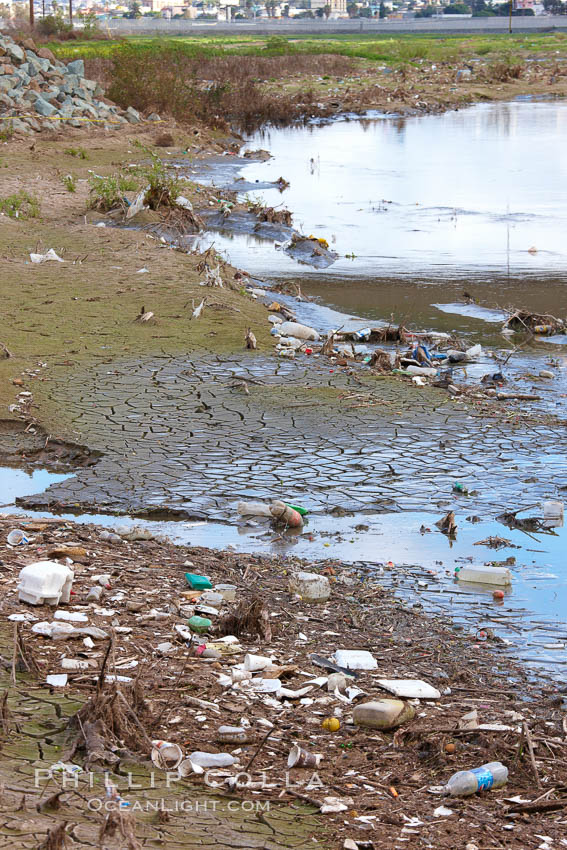“There needs to be more research done to fully understand the extent of the risks posed by exposure to these dangerous contaminants,” said Paula Stigler Granados, associate professor in SDSU’s School of Public Health and the paper’s lead author. “Urgent interventions are needed to help reduce and address both the immediate and long-term potential health repercussions to those living near this hazardous environment.”
Imperial Beach Mayor Paloma Aguirre has been calling for the involvement of San Diego County, the California Department of Health (CDPH) and Centers for Disease Control and Prevention (CDC) to actively monitor the issue and public health concerns related to transboundary sewage. In recent months, Aguirre has formed a task force in collaboration with SDSU’s School of Public Health and the University of California, San Diego School of Medicine.
“The persistent health impacts greatly reduce the quality of life for the community,” said Aguirre. “It’s a challenging task, but now is the moment to ensure that our elderly, our children, and water enthusiasts are not exposed to heightened health hazards while simply trying to enjoy a sunny day. Tackling this problem promptly and effectively is essential, as it is closely linked to the health and well-being of South Bay communities. The residents of Imperial Beach are worthy of far more than what they have been handed down.”
The researchers say the problem is an environmental justice issue as well, as border communities, often with limited economic resources, already have an increased risk of chronic diseases, which could put them at higher risk of complications due to these environmental hazards.
These communities also already face increased pollution from other sources, such as from the vehicles idling at border crossings. These border communities have lost access to healthy outdoor spaces. It’s not only impossible to access the beach and ocean during pollution events, but some of the toxic waste could be airborne and affect people within the communities.
“This study confirms what should be obvious, which is that San Diego’s health and community well-being are being seriously and actively harmed by years of inaction on this issue,” said Prebys Foundation CEO Grant Oliphant.
“The good news is that it is fixable, and that leaders like Representative Peters and Mayor Aguirre and organizations like SDSU’s School of Public Health are working to make that happen,” said Oliphant. “Their efforts deserve broad support, because public health in our region depends on a robust shared commitment to protecting everyone in every one of our communities from these sorts of preventable harms.”




